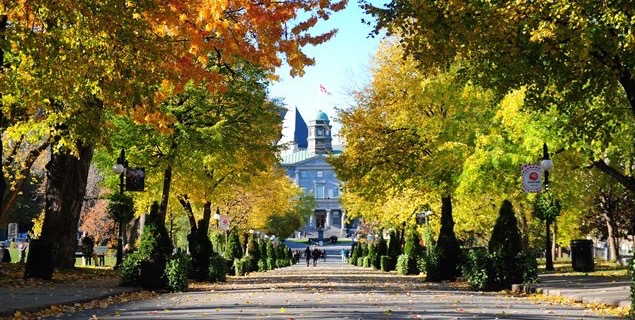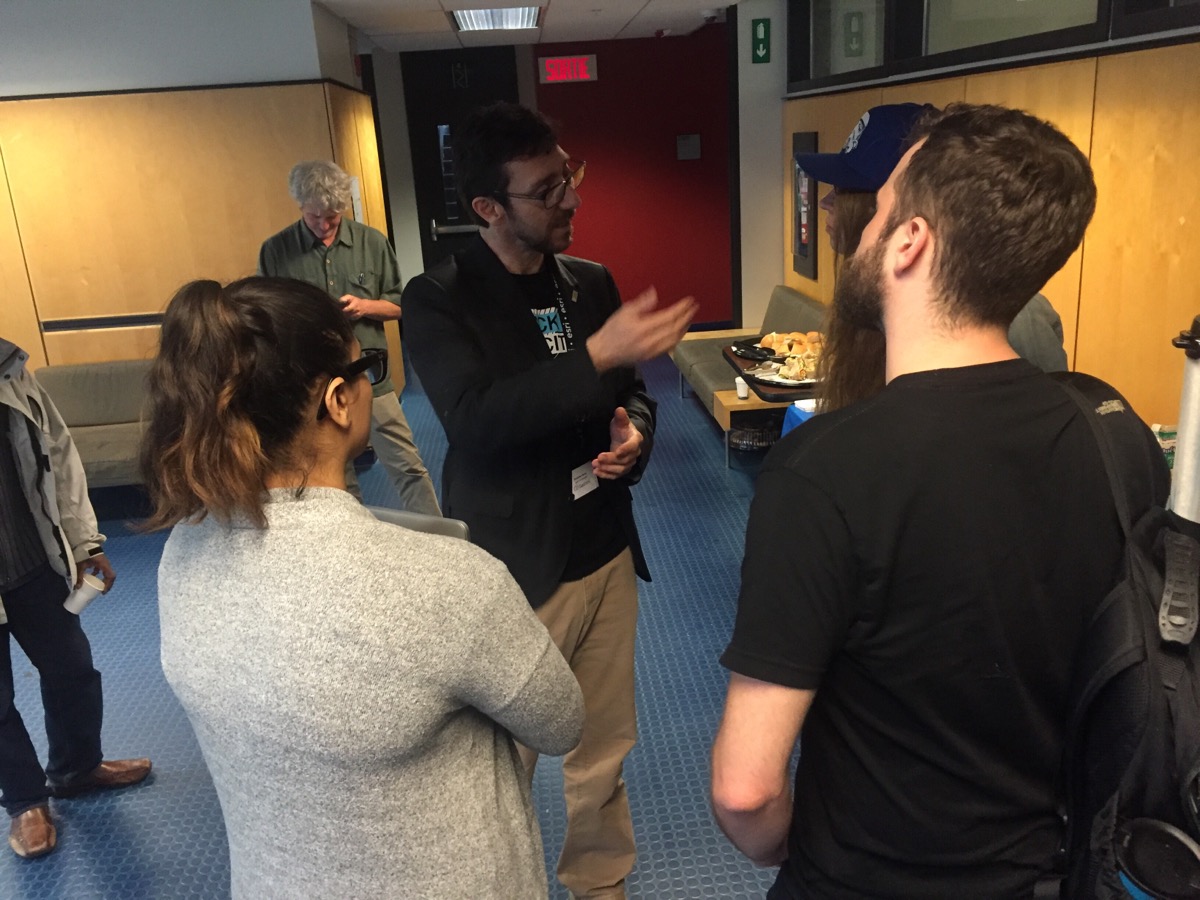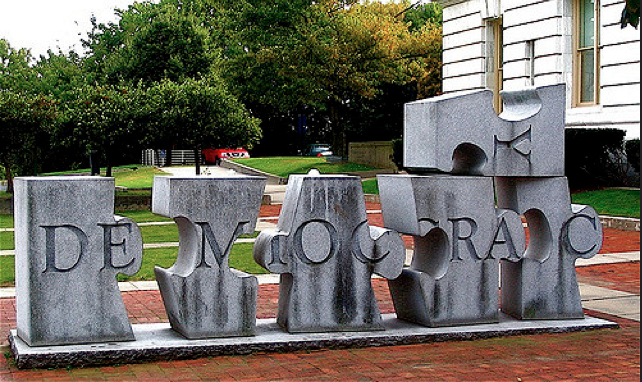
Geothoughts Conversations 4 explores our key research outcomes and influences, and was held near McGill University’s downtown campus in Montreal, Quebec. (Image courtesy of http://jeannesauve.org)
By Sam Lumley
We’re excited to present our 4th episode of Geothoughts Conversations!
This episode recounts a conversation held in June 2018 in the Montreal, QC home of Geothink Head Renee Sieber, a McGill University associate professor in the Department of Geography and School of Environment. It highlighted key research outcomes and influences over Geothink’s journey from beginning to end.
We were joined by Sieber, then Project Manager Sonja Solomon (a doctoral candidate in McGill University’s School of Information Studies) and current Project Manager Drew Bush (a postdoctoral researcher in McGill University’s Department of Geography and School of Environment).
You can find this episode below! You can also subscribe to our Podcasts by finding it on iTunes where it will also soon be available.
Thanks for tuning in. And we hope you subscribe with us at Geothoughts on iTunes.
Happy Holidays from everyone here at Geothink!
###
If you have thoughts or questions about this podcast, get in touch with Sam Lumley, Geothink’s digital journalist, at sam.lumley@mail.mcgill.ca.


